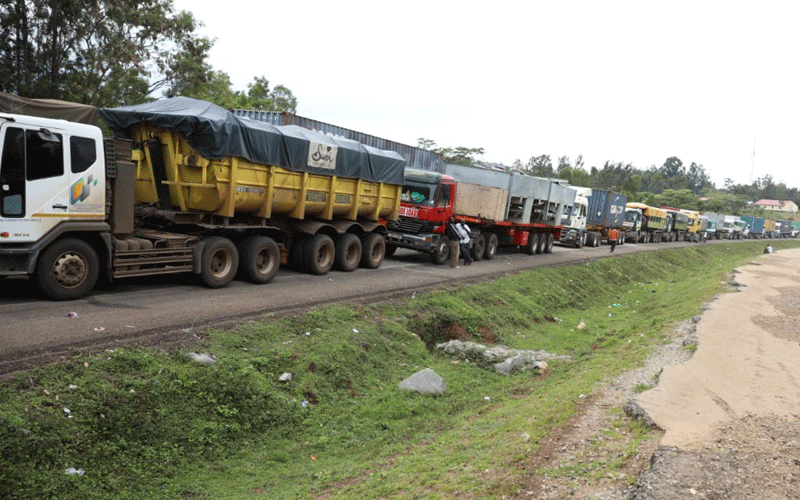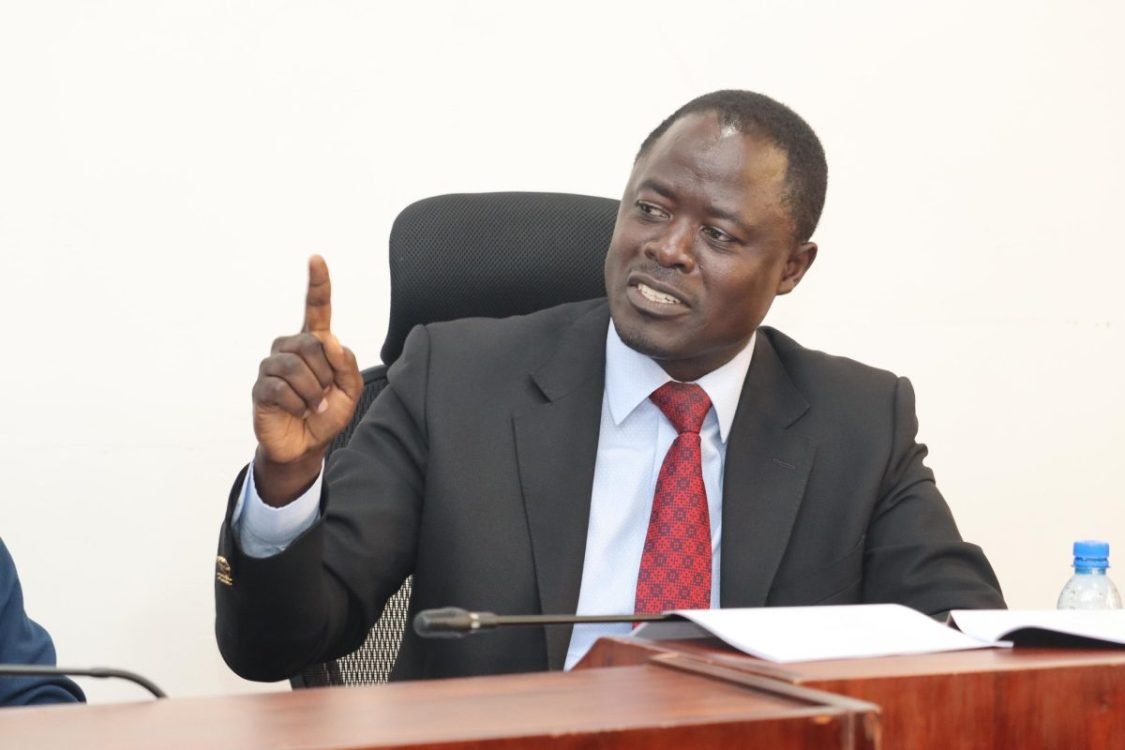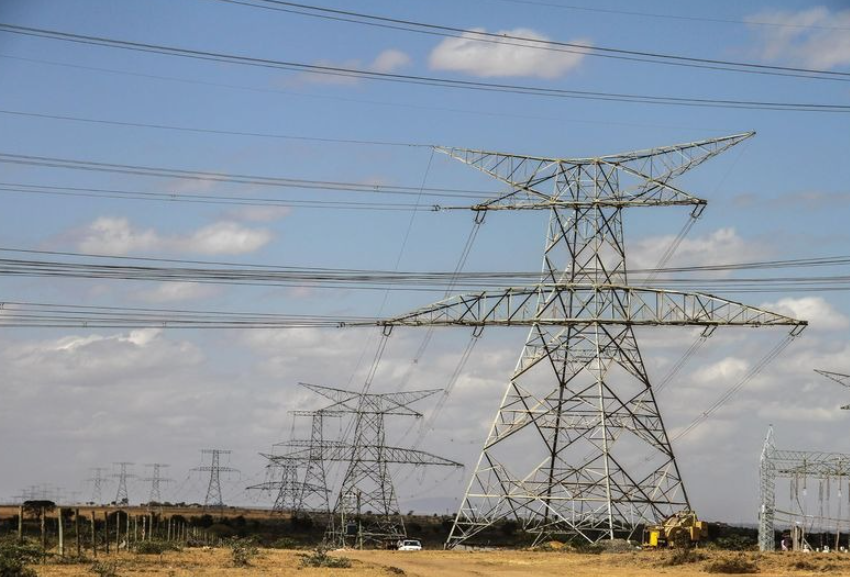Truck drivers raise concern over cargo haulage by train

Truck drivers have found themselves between a rock and a hard place with both Covid-19 pandemic and logistical challenges brought by new infrastructure developments threatening service delivery.
This week saw transporters end a cross-border cargo pile-up at the Kenya-Uganda border that had stretched for more than 50km from Malaba to Bungoma towns.
Ugandan authorities had earlier demanded that truck drivers undergo a mandatory Covid-19 testing at the border at a cost of Sh3,600 per driver and loader for every truck seeking entry into that country.
East African Community (EAC) partner states, however, agreed to fast-track verification of Covid-19 test results.
Traffic snarl-up
A statement from the EAC headquarters in Arusha, Tanzania said Uganda has committed to conduct free Covid-19 rapid tests at the Kenya-Uganda border points of Busia and Malaba for seven days to clear the truck traffic snarl-up that has disrupted intra-EAC trade on the Northern Transit Corridor.
Truckers Association of Kenya (TAK) are also urging the government not to drive investors out of business by forcing traders to use the railway line, following the ongoing test runs for trains with cargo from Naivasha.
Secretary General Karisa Kisemwa said one sector in an economy must not kill another to survive. He said traders should be allowed to choose by what means they want to transport their cargo.
Karisa said that the trucking industry has investors who have loans and should be given a fair playing ground.
He was reacting to the governments earlier move that saw container owners forced to use the SGR from Mombasa to Nairobi.
“It looks cheaper but as a trucker I give you last mile solutions. The SGR wont give you the last mile option you will again have to look for another truck to bring the goods to your store,” he said.
“We cannot kill one sector of an economy to build another one. The best is to support both of them. Let it be an open market. What about investors in the trucking sector who took loans.
The thing with SGR is that they do it forcefully. What the government is doing is to force people. Don’t force anybody to use it,” he lamented.
Kenya Railways Corporation (KRC) has started trial runs to transport containers from the Naivasha dry port to Malaba in what could reduce the use of trucks.
Philip Mainga, KRC Managing Director said the corporation has successfully run the first trial freight train on the newly constructed link connecting Standard Gauge Railway (SGR) and Meter Gauge Railway in Naivasha.
“The cargo which was loaded at the Port of Mombasa and transported via the Standard Gauge Railway, was seamlessly transshipped onto the Metre Gauge Railway line at the Naivasha Inland Container Depot and was now destined for Malaba,” he said.
The development targets containers headed for western Kenya, Uganda, Rwanda and DRC in what KR says will significantly bring efficiency in the sector.
Seamless transportation
The corporation said in a Twitter post that the event paves the way for seamless transportation of cargo from Mombasa to Kenya’s hinterland and to neighbouring countries of Uganda, Rwanda, Congo among others. Kenya Railways estimates that the cost of hauling a container from Mombasa to Malaba will drop by more than 50 per cent. It also promises to cut the turnaround time more than half.
“From Mombasa to Malaba Railway Yard, cargo will take 36 hours compared to road transport which takes 96 hours. Similarly, it will cost $860 per TEU compared to road which costs $ 2032 per TEU,” said Kenya Railways.










